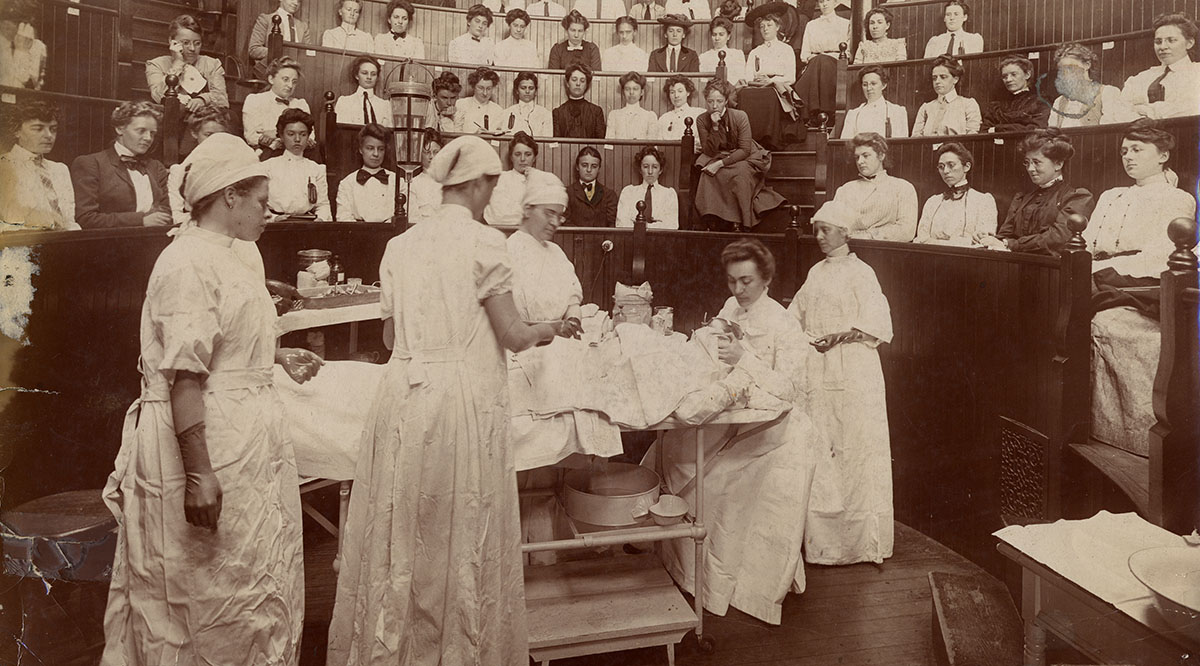
FAQ About Women in the History of Medicine
Women in the History of Medicine
2 years ago | gizem
Who was Dr. Mona Hanna-Attisha, and what role did she play in exposing the Flint water crisis?
Dr. Mona Hanna-Attisha is a pediatrician and public health advocate who played a crucial role in exposing the Flint water crisis, a public health disaster in Flint, Michigan, that garnered national and international attention. Her efforts to bring the crisis to light and advocate for the well-being of Flint's residents have made her a prominent figure in the field of public health. Here is an overview of her role and contributions:
Early Life and Education:
- Dr. Mona Hanna-Attisha was born in the United Kingdom and later moved to the United States with her family.
- She pursued her medical degree at Michigan State University College of Human Medicine and completed her pediatric residency at Hurley Medical Center in Flint.
Role in Exposing the Flint Water Crisis:
- In 2015, Dr. Hanna-Attisha was serving as a pediatrician and director of the pediatric residency program at Hurley Children's Hospital in Flint, Michigan.
- She became concerned about the health of her young patients and the community when she learned that Flint had switched its water source to the Flint River in 2014, a decision that led to lead contamination in the city's drinking water.
- Dr. Hanna-Attisha conducted a study in collaboration with local researchers and found a significant increase in lead levels in the blood of Flint's children following the water source switch.
- She publicly released her findings in September 2015, despite initial resistance and skepticism from government officials.
- Her research and advocacy efforts helped shed light on the extent of lead exposure among Flint residents, especially children, and led to increased awareness of the crisis.
Advocacy and Impact:
- Dr. Hanna-Attisha's advocacy and determination led to national and international attention to the Flint water crisis.
- Her work prompted public health interventions, including the distribution of bottled water and lead filters to residents, as well as efforts to replace lead service lines.
- She continued to raise awareness about the long-term health consequences of lead exposure and advocated for ongoing medical monitoring and support for affected children.
Recognition and Awards:
- Dr. Hanna-Attisha received numerous awards and honors for her role in exposing the Flint water crisis and advocating for the health and well-being of Flint's residents.
- She authored a book titled "What the Eyes Don't See: A Story of Crisis, Resistance, and Hope in an American City," detailing her experiences during the crisis.
